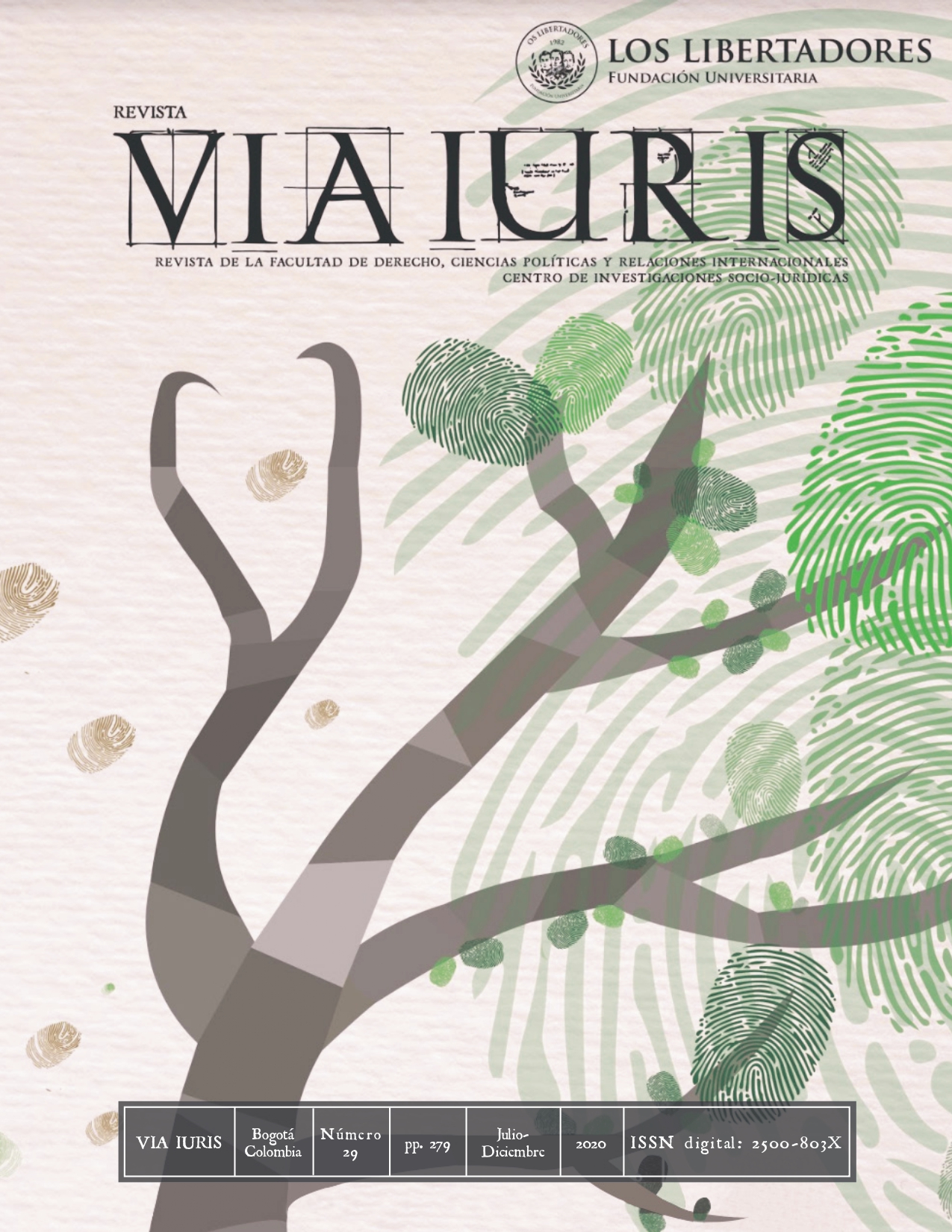The configuration of insecurity as a public problema. Joints, tensions and diputes between criminal justice and the media in Argentina
DOI:
https://doi.org/10.37511/viaiuris.n29a2Keywords:
Criminal justice; media; Citizenship; judicial communications; right to information; language.Abstract
This paper examines the practices, characteristics and limits of the communicational strategies that criminal justice actors put into play when engaging with the mass media to report on criminal acts. The exercise of democracy is related to the proliferation of spaces for public discussion and that “insecurity” cases have a high degree of interest and impact on society, we seek to examine the perception of judicial actors on the role of the media in relation to their work and their own role with respect to them. In particular, how do the mutual and multiple exchanges between judges and the media take place in Argentina? What communication strategies do judicial actors use when communicating information on insecurity to the media? What responsibility do they attribute to journalism regarding the information they provide? Do they consider that they condition legal action? How do they think the distance between criminal justice and citizenship is perceived? In order to develop the objectives of the study, a qualitative methodological approach is used through in-depth interviews with criminal judges of the Province of Buenos Aires from the judicial departments of Morón, Quilmes and Lomas de Zamora in 2019. The proposed questions can be answered from the field of legal sociology, which constitutes the theoretical framework of this work. Some results of the study allow us to affirm that the actors of the criminal justice system focus on routines of production and forms of personalized, mediated and indirect linkage with journalists, in which a technical and opaque language aimed at those who share their codes stands out, which, on the one hand, prevents the fulfillment of the citizens’ right to communication and, on the other hand, contributes to increase the social delegitimization of the justice system.
Downloads
Downloads
Published
Issue
Section
License

This work is licensed under a Licencia Creative Commons Atribución-NoComercial-


